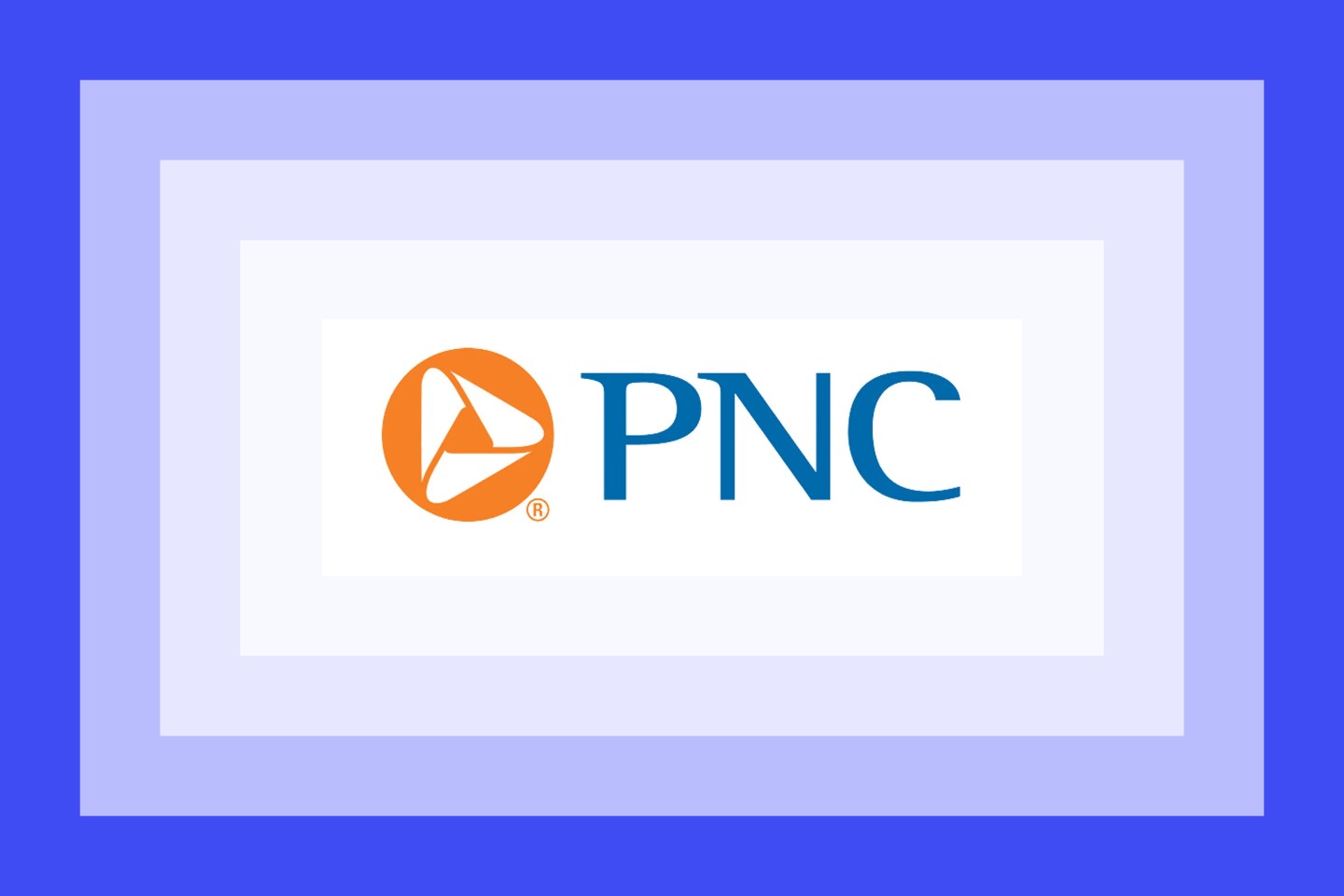PNC Bank, recognized as the seventh-largest bank in the United States, boasts an impressive asset base exceeding half a trillion dollars. With its headquarters in Pittsburgh, PNC Bank operates over 2,300 branches, primarily located east of the Mississippi River. Despite its strong physical presence, PNC has also established a broad network of more than 60,000 ATMs, ensuring customers have access to their accounts even when branch locations are distant.
PNC Bank offers a comprehensive suite of personal banking products, including checking, savings, and certificates of deposit (CDs). As of June 20, 2025, PNC’s checking accounts start at $5 per month, with options available to waive monthly service fees. Savings accounts can be opened with as little as $0, while CD rates offer up to a competitive 4.10% annual percentage yield (APY).
The bank was founded in 1845, and under the leadership of CEO Bill Demchak, it has continued to expand its offerings. PNC Bank’s checking accounts offer several advantages, including the possibility of waiving monthly fees by meeting certain criteria. Customers can also benefit from a checking account opening bonus of up to $400, subject to terms and conditions.
However, PNC Bank faces challenges in terms of accessibility and competitive interest rates. While it maintains a presence in 28 states, not every state has easily accessible branches or ATMs. Additionally, its high-yield savings accounts (HYSA) are only available in states where PNC does not have a branch, limiting access to some potential customers.
For those seeking higher deposit rates, PNC may not be the best option, as its APYs on most products are lower compared to other institutions. While its CD rates are notable, the bank’s savings and money market account rates fall short of national averages.
Despite these limitations, PNC Bank remains an attractive choice for customers residing within its footprint who desire a full-service banking experience without monthly minimum requirements. The bank’s high-yield savings account, while not offering the highest rates, provides a viable option for those outside PNC’s physical branch areas.
PNC Bank continues to enhance its suite of services. Personal loans, credit cards, student loans, investments, insurance, and mortgage options are available. The bank’s online and mobile banking platforms enable customers to manage their accounts with ease, offering features like balance checks, card locking, alerts, transfers, and automatic bill pay. The mobile app supports Zelle payments and remote check deposits.
Customer service is another area where PNC Bank excels, offering extended hours for support, including evenings and weekends. However, while the bank has robust security measures in place, it has faced challenges with Zelle-related fraud claims, highlighting the need for vigilance in peer-to-peer transactions.
Consumer reviews of PNC Bank are mixed. While the mobile app receives high ratings, consumer feedback on platforms like Trustpilot is predominantly negative, citing issues such as poor customer service and unexpected fees.
When considering alternatives, online banks like SoFi and Ally offer competitive rates that may appeal to those seeking higher returns on their deposits. However, for those valuing a traditional banking experience with diverse product offerings, PNC Bank remains a viable choice.
Note: This article is inspired by content from https://fortune.com/article/pnc-bank-review/. It has been rephrased for originality. Images are credited to the original source.

